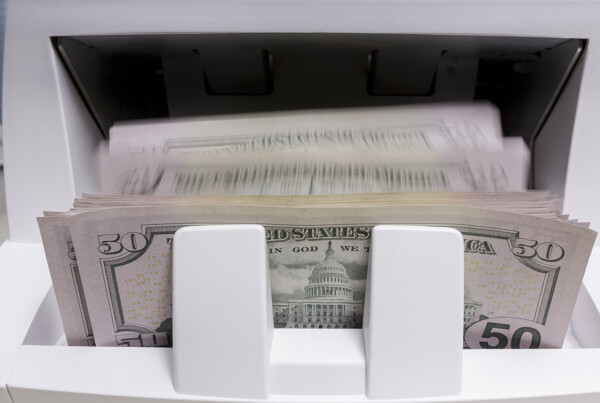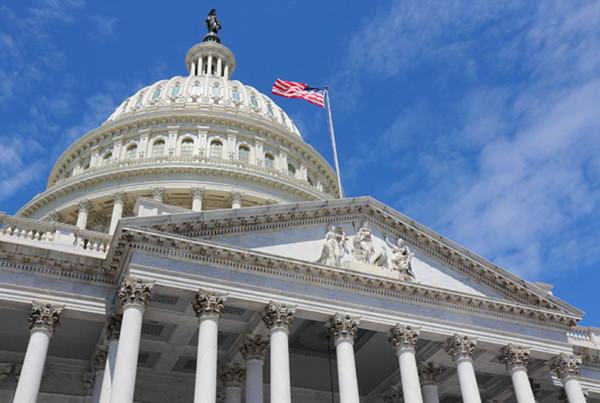No doubt each of us awoke to the news that the British have voted by referendum to exit the EU. Markets rallied late yesterday on the assumption that the British people would elect to remain in the Union. While there is still so much that we don’t know–including the impact to the U.S. and global markets, how Great Britain will exit cleanly, or what the long-term impact of this decision will be–we do know that markets loathe uncertainty. Add to the challenges above the announcement that David Cameron, the British Prime Minister, will be stepping down before October, and the likelihood of summer market doldrums may be little more than wishful thinking.
There is so much we do not know today about this change, and this “unknowing” will likely cause global market turbulence for some time. The question many clients are asking their advisors today is: What are we to do? Our answer is the same as we typically give during market tumbles: keep calm and carry on.
Capitalism is dead – long live capitalism. However, capitalism is not dead. To the contrary, we are witnessing capitalism through this very act. Via free markets consumers and investors alike test the boundaries of pricing, investing, innovation, and political policy – and in its primal form, protectionism.
Sadly, there is a clear divide among British voters in the two primary parties, the majority of which can be defined by social class. The Leave side carried the vote with messaging that remaining in the Union would mean uncontrolled immigration, increased crime and job loss to immigrants, and even terrorism. In the US we are experiencing something very much the same as we approach our November elections.
Mr. Trump has used similar messaging to whip up support from the “have nots,” fearful of losing their jobs to immigrants and worse. Most voters in all free countries cast their votes based on a particular issue and typically it’s personal to their pocketbook. As individual wealth across the globe has polarized, those with less tend to favor protectionism and use their numbers to “vote in” radical change. This has played out over history with less organized events including the French Revolution to more organized party shifts in countries such as Israel and Great Britain. We may very well see such change in the US come November.
However, these are the winds of capitalism and they shift from time to time to bring the global financial markets back into equilibrium. At times the prevailing winds are calm, while occasionally they blow with extreme force, destroying certain modern advances, simultaneously making room for new advances. Capitalism is a series of steps forward and backward, of pushing limits and retreating; however, the direction remains upward and forward. We believe in capitalism and have our sights set on the horizon, confident that all extreme swings in the market will ultimately revert to their mean, albeit punctuated by periods of volatility that create irrational exuberance and irrational fear. Nevertheless, our role is to be our clients’ voice of reason and to dispassionately remind every investor to keep calm and carry on.




